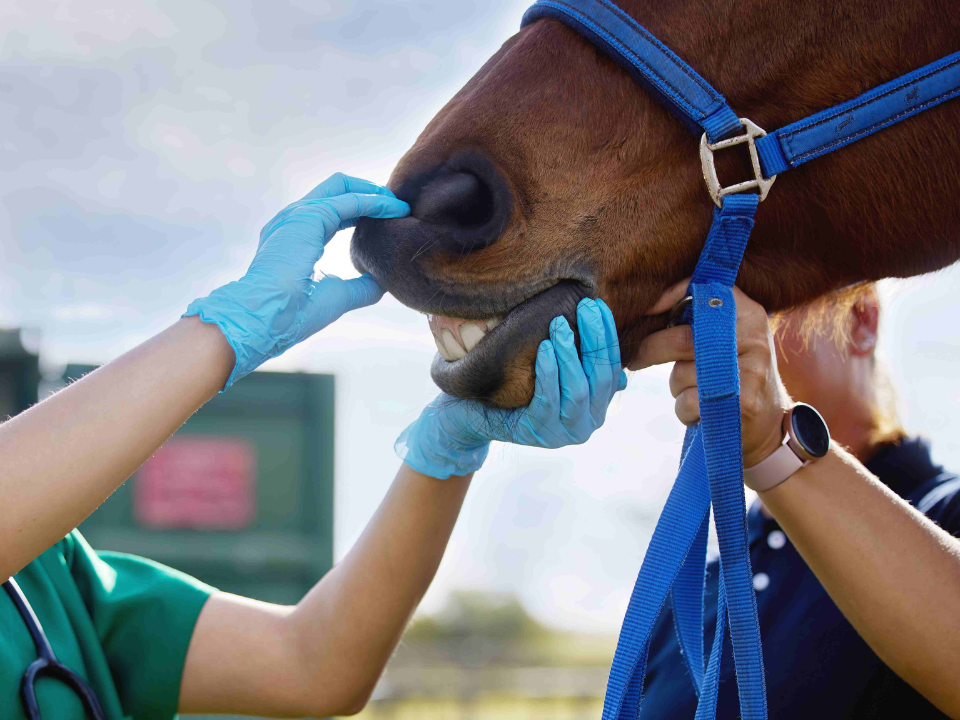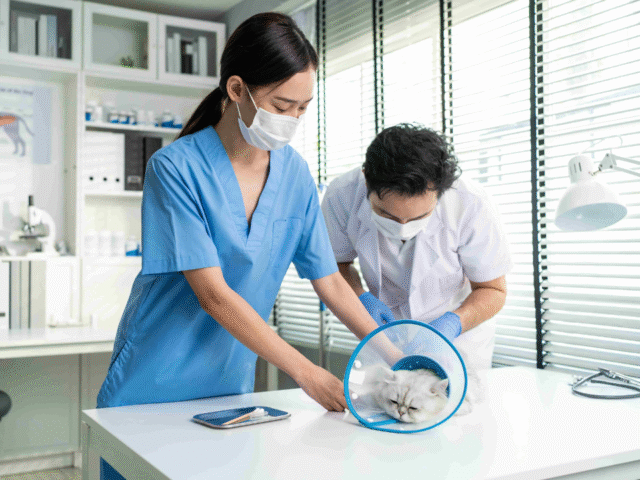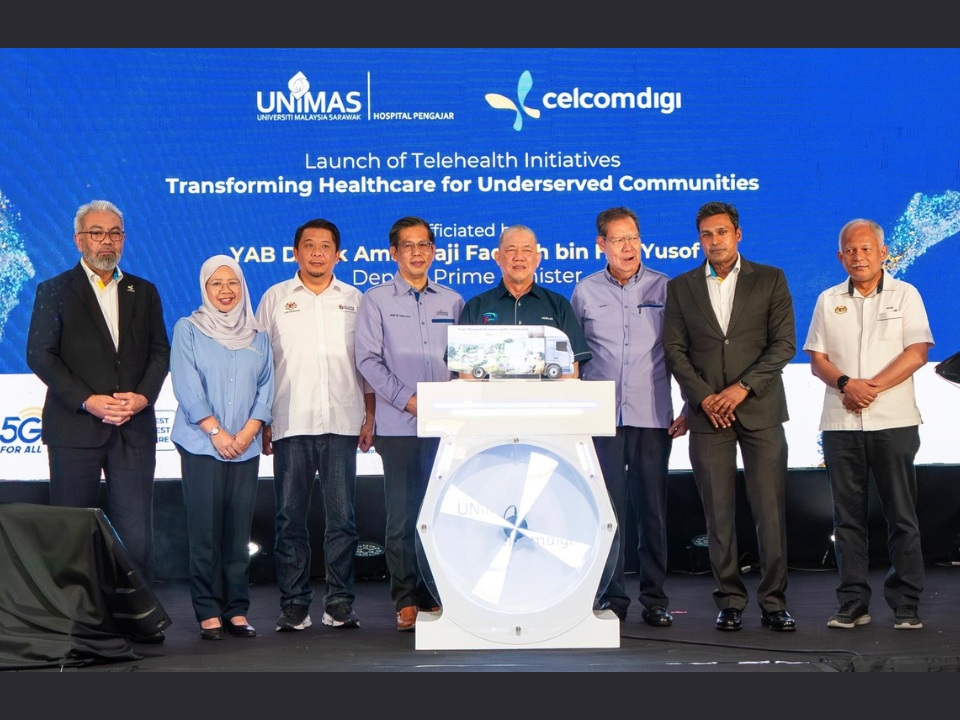
Prof Dr Malaika Watanabe, Dean of the School of Veterinary Medicine
Most people see veterinarians as pet doctors who treat sick cats and dogs. But there’s more to animal care than that. Bioveterinary science is an emerging field in Malaysia that connects animal health, public safety, and environmental well-being.
At IMU University, Prof Dr Malaika Watanabe, Dean of the School of Veterinary Medicine, believes we must rethink how we treat animals. “Whether it’s a pet or livestock, every animal deserves dignity,” she explains. “And when we protect them, we also protect ourselves.”
What Is Bioveterinary Science?

This programme combines animal biology, medical science, and practical animal care. Students learn about anatomy, microbiology, pathology, and basic clinical skills. They’re trained to handle, nurse, and manage animals safely and ethically.
The course focuses on both companion animals and livestock, including cats, dogs, poultry, cows, and goats. Graduates may continue to veterinary school or explore careers in animal welfare, livestock management, research, and education. Currently, Malaysia has around 3,000 registered vets. However, we need twice that number to meet national demands.
Why It Matters to Everyone

Animal health affects us all. Poor hygiene on farms can spread diseases to communities. Neglecting pet deworming, for example, may expose children to parasites in playgrounds.
“When you keep your pet healthy, you protect your household and community,” says Prof Watanabe. Good animal care improves food safety, reduces antibiotic misuse, and protects public health. It’s a full circle of care from pet owners to farmers to society.
More Than a Career, It’s a Calling
IMU’s bioveterinary students train in real settings. They visit clinics, farms, and stables, learning to care for animals in all environments. It’s not just about playing with pets but it’s about hard work, compassion, and real commitment.
This path leads to many fulfilling careers. Some may become local vets or livestock managers. Others may pursue conservation work or advocacy, like Jane Goodall or Steve Irwin. With passion and purpose, graduates can make a real difference for both animals and people.










